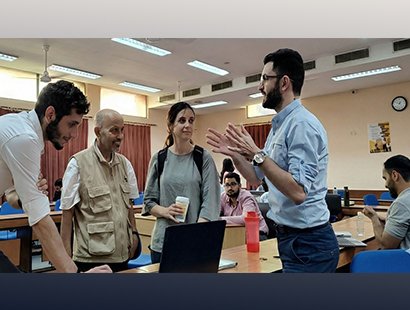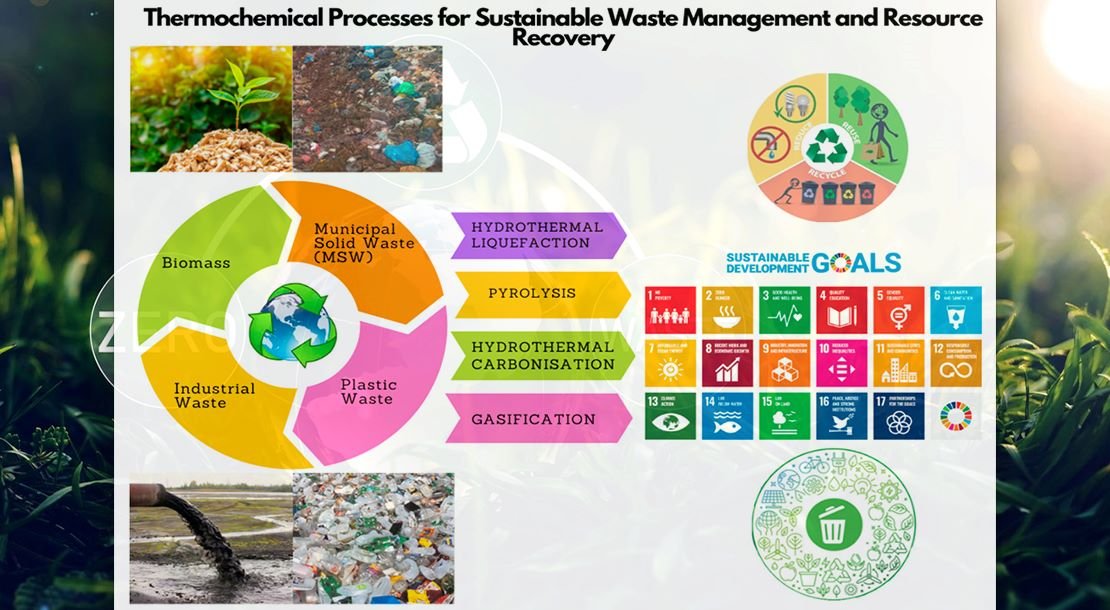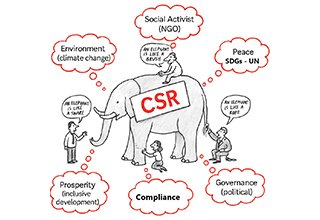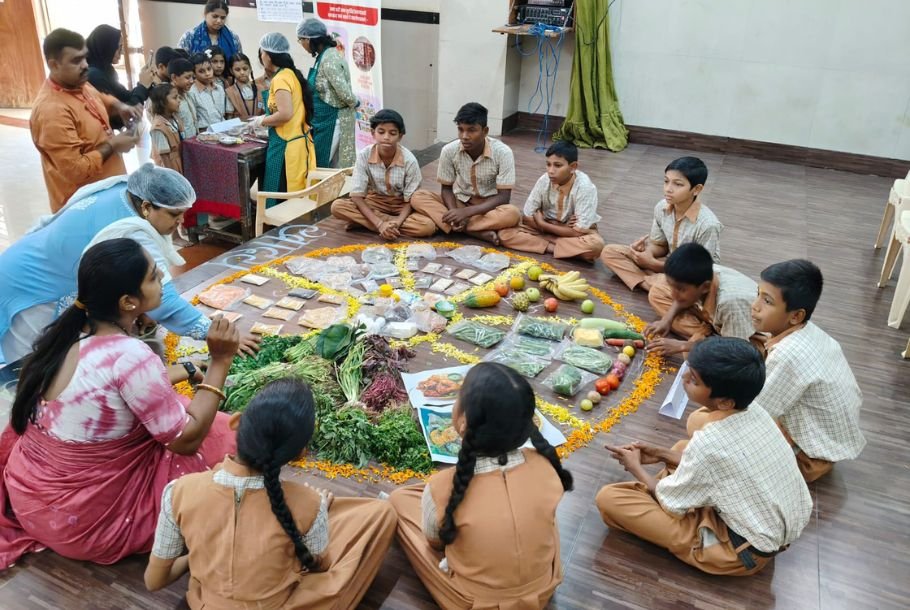
Good nutrition and food safety are the cornerstones of a nation’s health and well-being. Childhood is a critical period for developing lifelong eating habits, making schools an essential environment for instilling proper nutrition and hygiene practices. Recognizing this, the Food Safety and Standards Authority of India (FSSAI) launched the Eat Right School (ERS) program under the broader Eat Right India initiative. This program is a transformative movement aimed at empowering children with knowledge and skills on food safety, nutrition & hygiene to help them make informed food choices and thereby contribute to improve their health and nutrition status. By fostering a culture of food safety, balanced nutrition, and sustainability, the ERS program ensures that children grow into healthier individuals who can influence their families and communities. The Government of India has also emphasized childhood nutrition through initiatives like the Poshan Abhiyan, Mid-Day Meal Scheme, and School Health and Wellness Program under Ayushman Bharat. The ERS program aligns with these national efforts, operating through a structured five-step process: (1) school onboarding & registration, (2) training, appointing and certification of Health and Wellness Ambassadors (HWA) from schools, (3) conducting engagement activities including sessions and gamified hand-on activities based upon learn & play, (4) continuous monitoring, and (5) certifying schools that uphold high standards of food safety and nutrition.
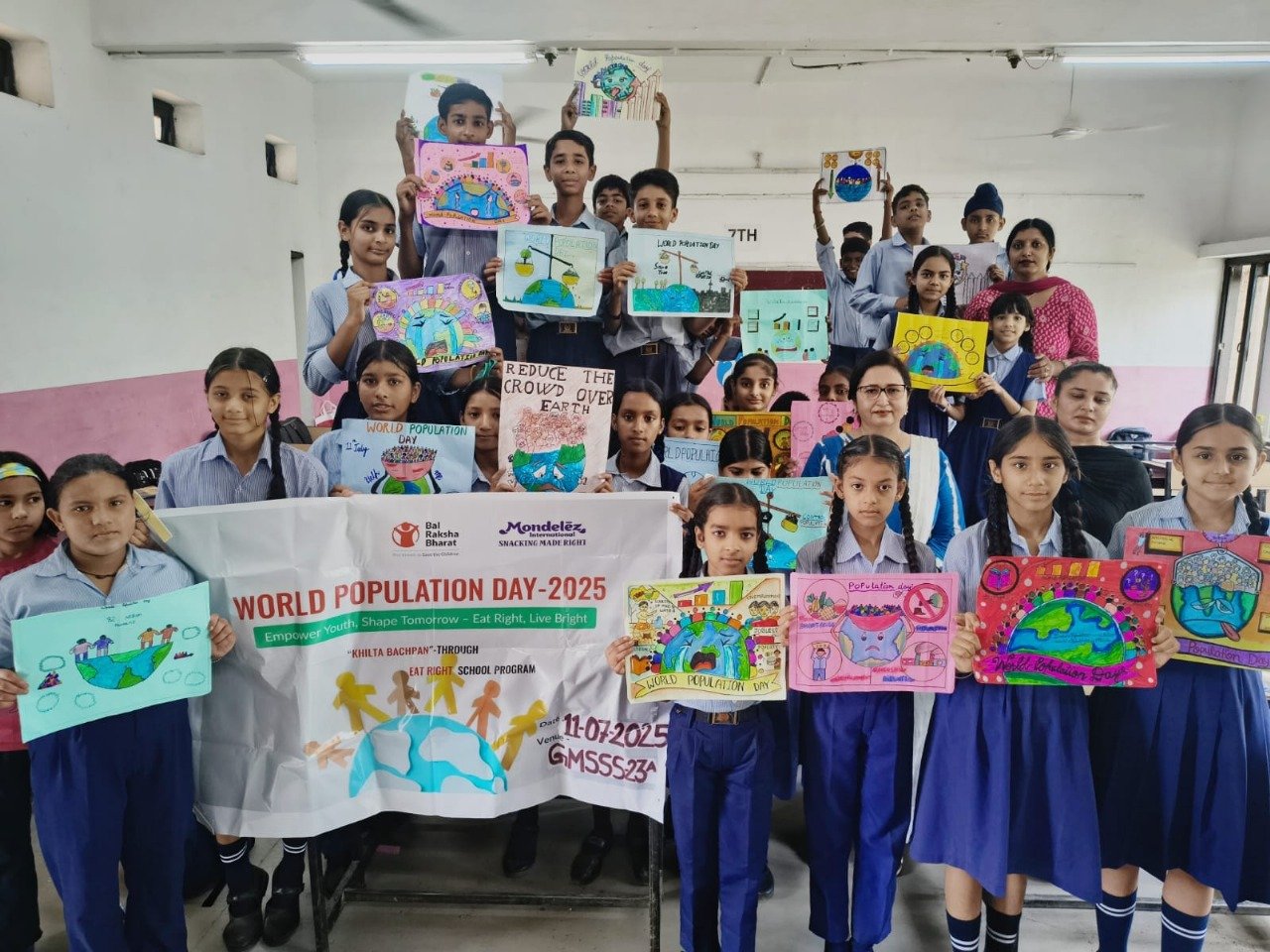
BRB expertise & supporting the strategy: –
A key driver of the ERS program’s success has been the collaboration between Bal Raksha Bharat (BRB) and Mondelez India. By leveraging their expertise and resources, this partnership has played a pivotal role in expanding the program’s outreach and impact. Bal Raksha Bharat, through its experience in child welfare, education, health, and nutrition, has mobilized schools and communities, while Mondelez India Foods Limited has supported the initiative with funding, logistical aid and programmatic support, putting the purpose of health & well-being to empower communities in practice. Under the ambit of decade long CSR program, Shubh Aarambh, Mondelez India Foods Limited, has been empowering communities with a focus on the health & well-being impacting over 300,000 lives across. The Shubh Aarambh program continues to evolve by addressing the dynamic needs of the communities such as nutrition, activity and sports, health and sanitation, providing clean drinking water, greening efforts etc. Shubh Aarambh Program is among the 3 key pillars being developed and supported by the company, namely- Shubh Aarambh, Plastics circularity and Sustainable Agriculture. The support for ERS initiative falls under the first pillar Shubh Aarambh and is being pursued in line with Mondelez India’s mission to build resilient communities.
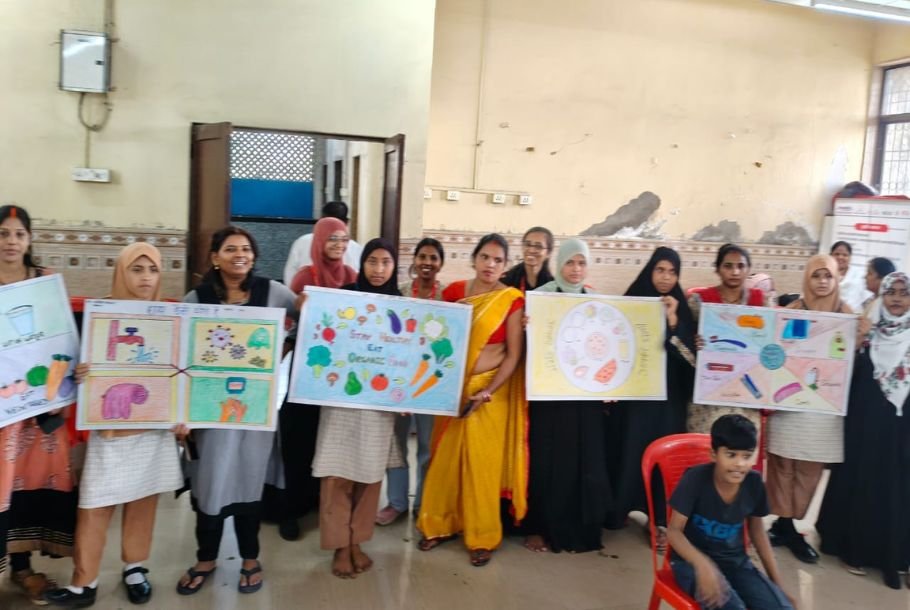
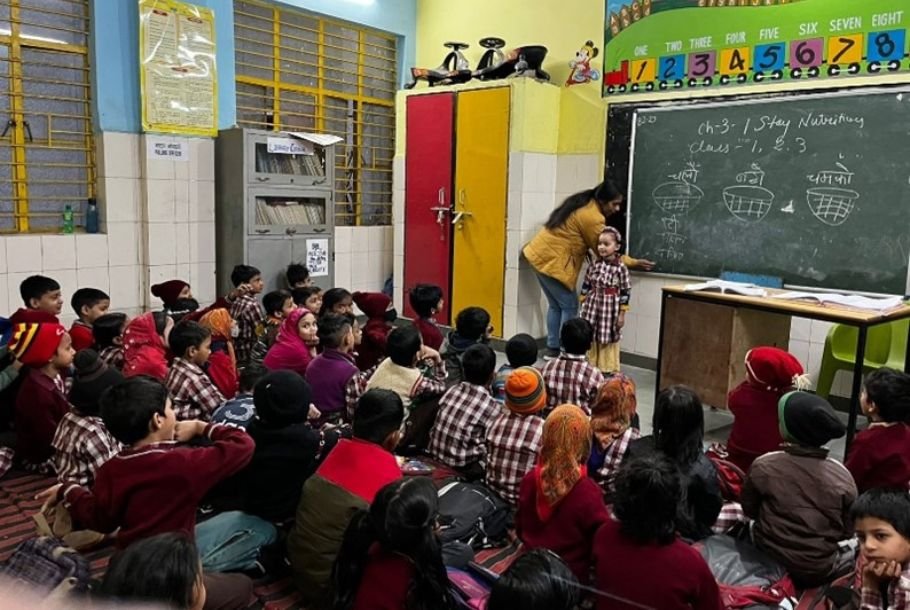
The ERS program also aligns with government efforts by working closely with the Ministry of Education and the Ministry of Health and Family Welfare, ensuring integration with national policies and school health programs.
Bal Raksha Bharat, in collaboration with Mondelez India foods private Limited, FSSAI and the education department, has achieved significant milestones over the last three years, This multi-pronged partnership exemplifies how collective action can enhance the effectiveness of nutrition and food safety programs, driving sustainable change in diverse regions of India. enhancing nutrition awareness and hygiene practices across schools in Madhya Pradesh, Maharashtra, Delhi, Tamil Nadu, Jammu and Kashmir, Himachal Pradesh and Chandigarh. The project is implemented in phased manner and till date BRB has implemented the project in 500 schools, out of which 200 have received the certification and the remaining 200 are in process.
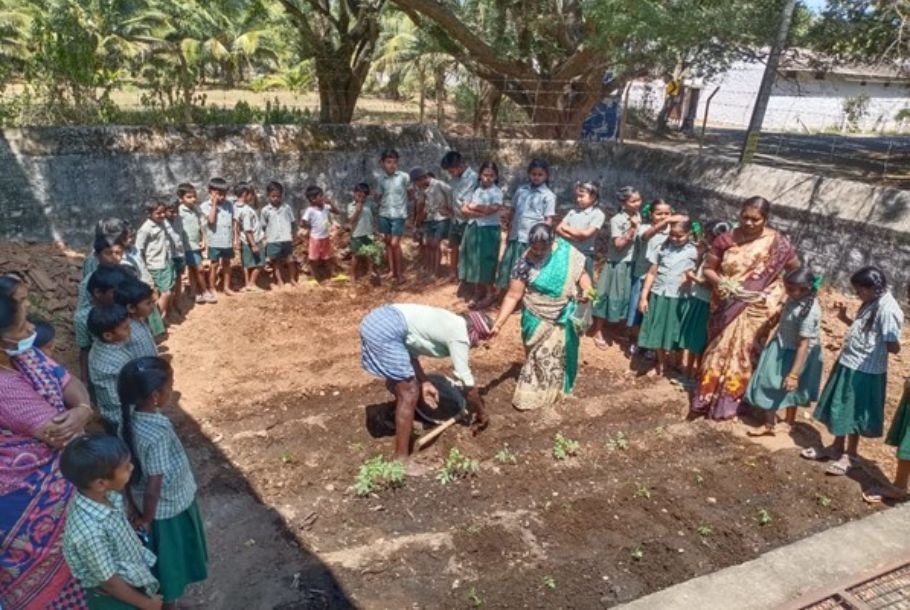
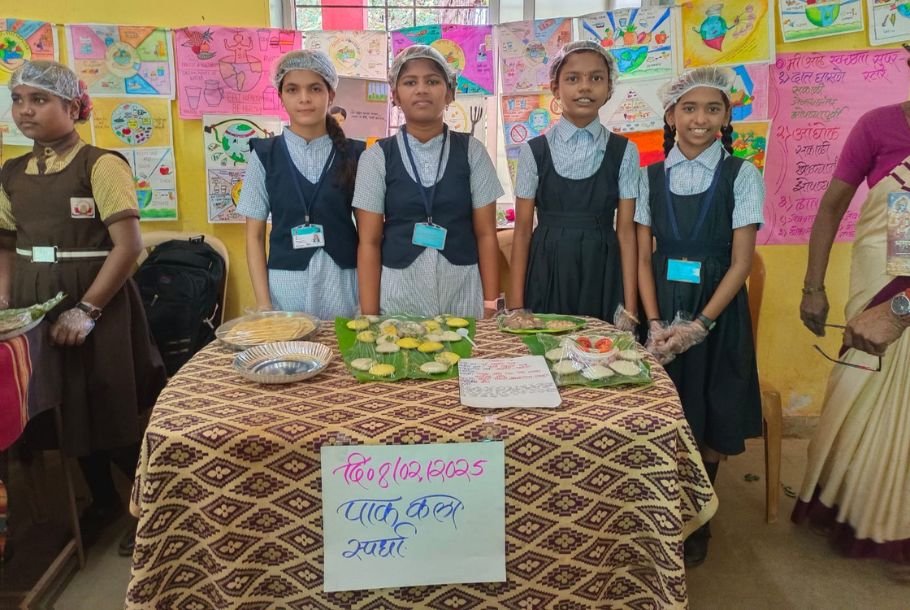
Achievement: –
A major achievement includes the successful certification of 200 schools on the FSSAI Eat Right School portal. This certification entails the establishment of 275 Sehat Clubs across targeted schools which has fostered health awareness and active participation among students. These clubs comprise 4943 democratically chosen children, ensuring a broad representation of voices. To date, Sehat Clubs have sensitized an impressive 64919 children, underscoring their effectiveness in disseminating knowledge and promoting positive health practices among their peers.
The program’s proactive approach to student health includes screening 7539 children across 203 health camps in intervention schools, ensuring early identification and intervention for health concerns. Among these, 703 children were identified as requiring further attention, with referred to health facilities for necessary treatment. Additionally, on National Deworming Day, the initiative facilitated deworming for 18466 children in the 275 intervention schools. The distribution of 83542 Iron and Folic Acid (IFA) tablets has proactively addressed nutritional deficiencies, prevented anemia and improved overall student well-being. The Eat Right School initiative significantly strengthens the government’s School Health Program by complementing existing school-based health interventions, integrating food safety, nutrition education, and health screenings into a comprehensive framework for child well-being. To reinforce health and nutrition governance within schools, 200 School Management Committees (SMCs) have been trained, while 371 food handlers have received specialized Food Safety Training and Certification (FoSTaC) to uphold food safety standards. Hygiene audits have been conducted in 140 Mid-Day Meal (MDM) kitchens to enhance the quality and safety of meals provided to children. Community nutrition awareness drives, including Nutrition Melas, recipe demonstrations, quizzes, storytelling, poster-making, and comic workshops, have also been conducted to instill a culture of healthy eating beyond school boundaries. The FoSTaC training ensures that food handlers maintain hygiene standards, reducing foodborne illnesses, while the Hygiene Rating Audit (HRA) systematically evaluates food preparation environments, promoting accountability and quality control in school meal programs.
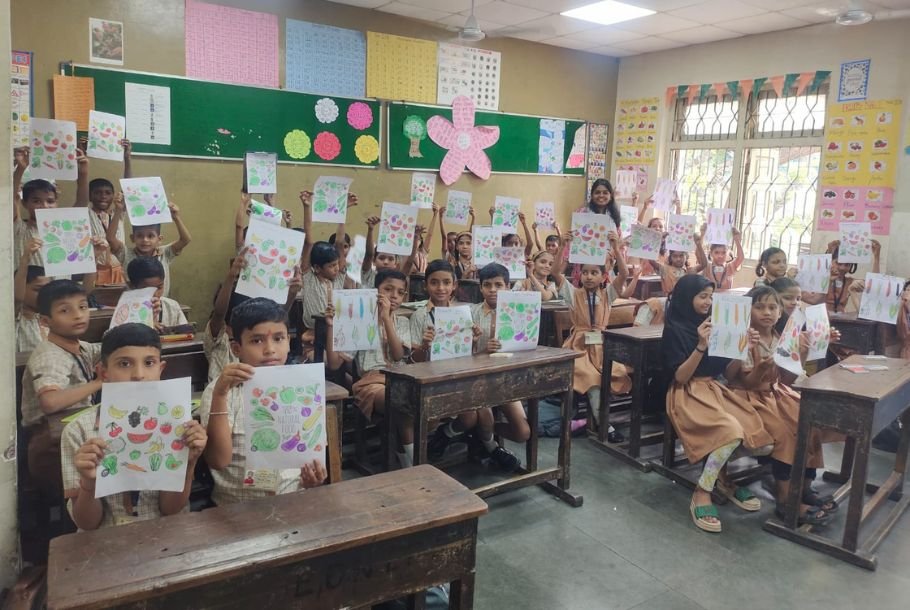
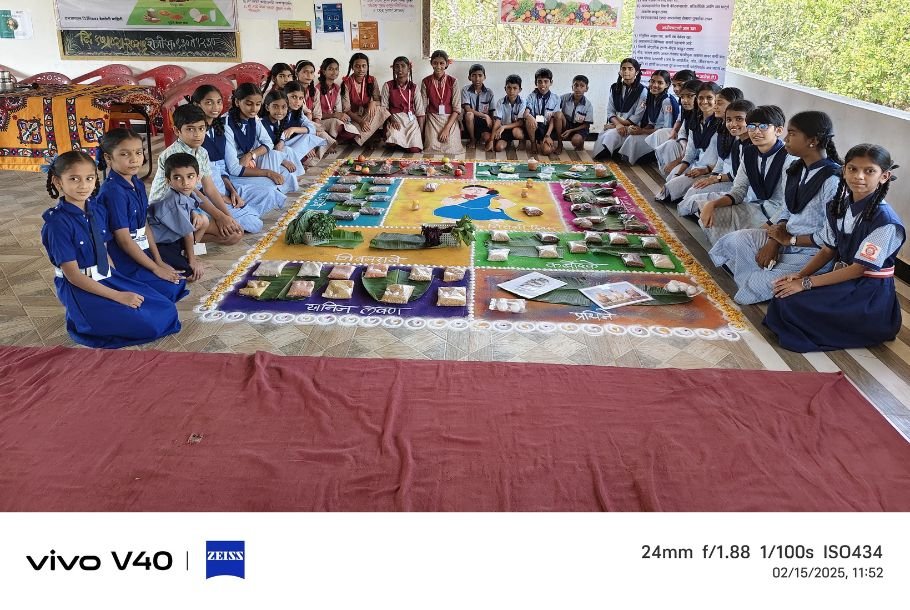
Beyond achieving key numbers, the ERS program has set in motion a broader transformation in school governance, community engagement, and service provider accountability. By embedding food safety and nutrition education into school routines, the program ensures that health and hygiene become integral to daily school life. The appointment of Health and Wellness Ambassadors and Sehat Clubs fosters peer-to-peer learning, making health advocacy student-led and self-sustaining. Through nutrition awareness campaigns and engagement activities, families and community members are encouraged to adopt healthier dietary habits. The establishment of kitchen gardens in schools has inspired parents and local groups to implement similar practices at home, ensuring long-term dietary improvements. The training of food handlers and the hygiene audits of mid-day meal kitchens have significantly improved the standard of food safety in schools. These efforts ensure that meals served to children are both nutritious and safe, reinforcing the critical link between food quality and child development.

Success & scaling up: –
The success of the Eat Right School program demonstrates that improving children’s nutrition requires a multi-stakeholder approach. Public-private partnerships play a crucial role in scaling and sustaining these efforts. Schools, communities, corporations, and government agencies must continue to collaborate to institutionalize food safety and nutrition education. With childhood obesity, malnutrition, and foodborne illnesses posing persistent challenges, there is an urgent need for increased corporate participation in school health initiatives. Investing in school health programs not only benefits children but also creates a ripple effect, fostering healthier families and communities. The momentum created by the ERS initiative must be sustained and expanded. Every child deserves access to safe, nutritious food and the knowledge to make healthy choices. By committing to this mission, we can ensure a healthier future for India’s next generation.
Authors-
- Ms Ophira Bhatia- Vice President, India & Lead, AMEA, Corporate & Government Affairs, Mondelez International
- Mr Abhishek Sahay- Head – Public & Government Affairs and CSR at Mondelēz International, India
- Ms Sonal Mehta- CSR Lead in Mondelez
- Pradeep Kr. Mishra, Head of Programmes, Bal Raksha Bharat
- Mirza Tauseef Baig, Manager- Programmes, Bal Raksha Bharat

